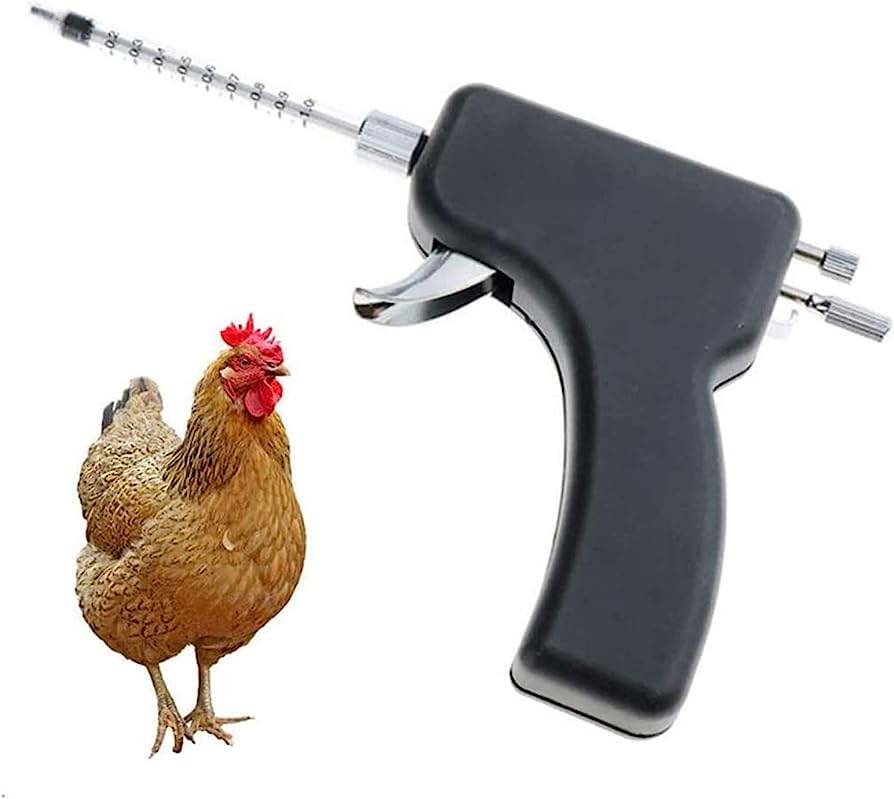Lupane varsity starts chicken artificial insemination project
LUPANE State University (LSU) has started a chicken artificial insemination project to improve indigenous breeds in the country with similar projects also being done with goats and pigs.
The university whose mandate is to promote research and innovations in dryland areas seeks to improve the quality of road runners in communities.
Chronicle visited the university’s Dryland Agro Innovation and Industrialisation Park on Tuesday where officials at the institution took the news crew through the innovations.
While in the past students in universities were hardly exposed to the practical experiences of some of the programmes they were studying, the adoption of Education 5.0 has seen higher and tertiary institutions leaning towards innovations.
Dr Julius Tapera who is the assistant to the LSU Vice Chancellor Pardon Kuipa said chicks hatched following the artificial insemination have proved to grow faster.
Some of the chickens used in the artificial insemination process
“We’re breeding indigenous chickens. We have different varieties and part of what we’re doing is avian artificial building. We’re actually taking semen from some cocks and inseminating hens of a different breed,” said Dr Tapera.
“You’ll find that some of these chickens don’t mate naturally because of different limitations of certain breeds that are not attracted to other breeds just like humans where as people we have preferences when we choose partners.
“So, the same happens even with animals. We’re running an artificial insemination project so that we can improve our breeds.”
He said after artificial insemination, the eggs are taken for incubation with the university owning five incubators that have a capacity of a thousand eggs at a time.
Dr Tapera said through incubation, they expect to grow the flock much faster.
He said they are cross breeding Sasso, Sussex, Black Australorp, White Australorp and guinea fowl.
Dr Tapera showed the news crew part of the chicks that had been hatched from artificial insemination.
“This is a product of our artificial insemination projects and these chickens are just eight weeks old but if you look at chickens that are eight weeks old from our indigenous chickens, which we would have grown naturally, they’ll not be this big. So, on this project, there’s an improvement in terms of the genetics and growth rate,” said Dr Tapera. He said the university plans to ensure that the new breed of chickens is embraced at community level.
Dr Tapera said the university is also involved in cross breeding of the Boer, Matabele, East African and the Kalahari goat, taking advantage of the strengths of each breed.
“We’re working on cross breeding these breeds so that we improve the genetics of our goats. You’ll find that different breeds have different strengths and weaknesses. We’re looking at a way of ensuring that over time, we get our own breed which is going to come from our cross breeding that is strong in trying to maximise on strengths across these four breeds,” said Dr Tapera.
He said the aim is to impact the Matabeleland region through improving the quality of livestock and crops that are in semi-arid regions of this part of the country.
The artificial insemination process on chickens
Dr Tapera believes that the university already has a positive impact on communities, a shift from the past when universities did not seem to address the challenges of communities surrounding them.
The university is also involved in piggery and cattle rearing projects.
“That’s very critical because as a university, we don’t have to be a silo. We’re here to serve the community and part of what we’re doing, we’re doing it with the community. As we move to our piggery section, we’re actually allowing the community to bring their pigs for servicing especially for those that don’t have the right breed in terms of the male pig,” said Dr Tapera.
“Even with the irrigation engineering section, we’ve been working with schools and irrigation schemes within the community and supporting those projects with technical support in terms of installation of irrigation systems, designing of irrigation systems and drip irrigation systems around Lupane.”
He said in line with Education 5.0, the university is commercialising some of its agricultural produce.
The produced eggs at the Lupane State University on Tuesday
The university is also involved in horticulture and fisheries projects.
“We’re producing crops at a commercial scale and supplying the local community and we’re looking at expanding to places like Victoria Falls and Hwange where we have hotels and lodges that consume everything that we consume here. So it’s part of our commercialisation approach to education. We’re not just learning theory but also looking at the business side of what we’re doing,” he said.
Dr Tapera said the projects are also in sync with sustainable development and feed into Vision 2030.
“You’ll appreciate that we’re looking into becoming an upper middle-income economy as we’re running these projects and up-scaling them. We’re looking to contribute to the Provincial Gross Domestic Product (GDP) and it will feed into the national GDP and growth of the economy,” said Dr Tapera. – -chronicle










